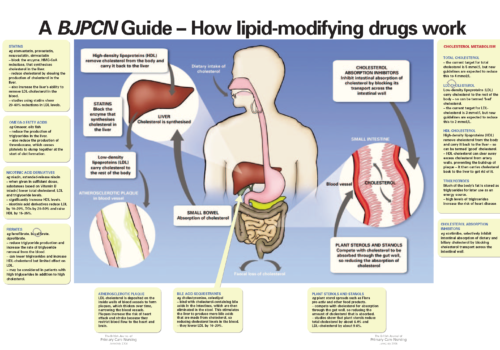There is no doubt about it, achieving and maintaining weight loss long term is a great challenge. Primary care nurses have a significant role in motivating patients to adopt a healthy lifestyle and to persevere with weight management programmes. In the last issue of BJPCN we looked at how to raise the tricky subject of obesity with patients. This time, we continue the issue by exploring how practice nurses ensure a positive working relationship with their patients with weight problems and encourage them as they tackle the long-term issue of obesity.
Flora Fit Street
Maintaining motivation: the long haul of weight loss
Making full use of BJPCN online
Resources for smoking cessation
Aventis insulin withdrawals
Improving the primary care management of obesity
Over half of all adults in the UK are overweight, according to latest figures. The number of people who are obese has tripled over the last 20 years, and is still rising. But is weight management an issue for primary healthcare teams? There is clear evidence that it is – with obesity being directly related to increased risk of death and a range of chronic diseases. Obesity reduces life expectancy, on average, by nine years. At long last there is some encouragement for general practices to optimise detection and management of obesity. The new General Medical Services (GMS) contract includes 208 from a total of 1050 points available in the Quality and Outcomes Framework that are affected by weight loss, offering a major financial incentive to general practices to encourage patients to lose weight.
What patients think about long-term anticoagulant therapy
Effective long-term anticoagulation requires a good working partnership between patients and the healthcare team. A key part of this is that patients understand how their treatment works, why it has been given and how to take it correctly. AntiCoagulation Europe, a patient organisation for people on anticoagulants, recently carried out a survey of 711 patients with atrial fibrillation (AF) from seven European countries (France, Germany, Italy, Norway, Spain, Sweden and the UK) being treated with a vitamin K antagonist (VKA) such as warfarin. The it’s about time survey was designed to explore patients’ insights into their treatment. The results show that many patients have gaps in their understanding about anticoagulation therapy and emphasise the need for ongoing patient education and the development of more patient-friendly anticoagulants to improve outcomes and quality of life.
Erectile dysfunction (ED) is a common condition that not only causes distress to a couple, but also indicates the likely presence in the man of cardiovascular and other diseases. By diagnosing and treating ED, nurses can therefore help to restore the coup
Back to Basics: A BJPCN Guide – How lipid-modifying drugs work
Improving the management of diabetic foot conditions
Foot complications are very common in patients with diabetes. At least one in six diabetics develop foot ulcers at some point in their lives. This article reviews why foot complications occur in diabetes, how you can detect foot problems early, and treatment and prevention strategies. The National Service Framework for Diabetes suggests that targeted foot care for people at high risk could save hundreds of amputations a year. By detecting complications earlier, we can make a real difference to patients’ lives, reducing morbidity, improving quality of life and even saving limbs.






















